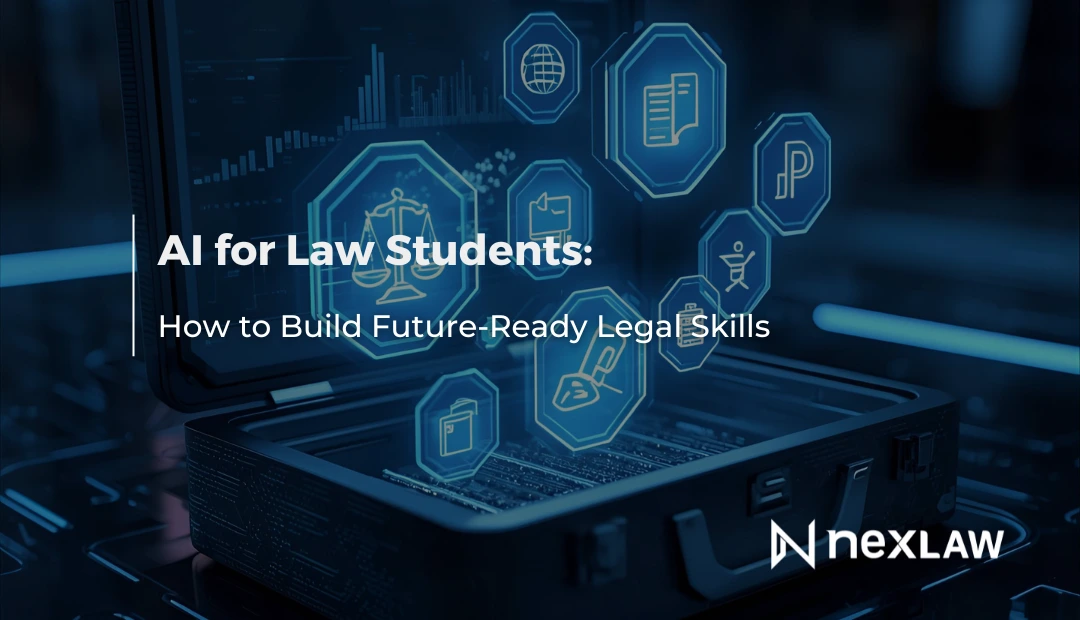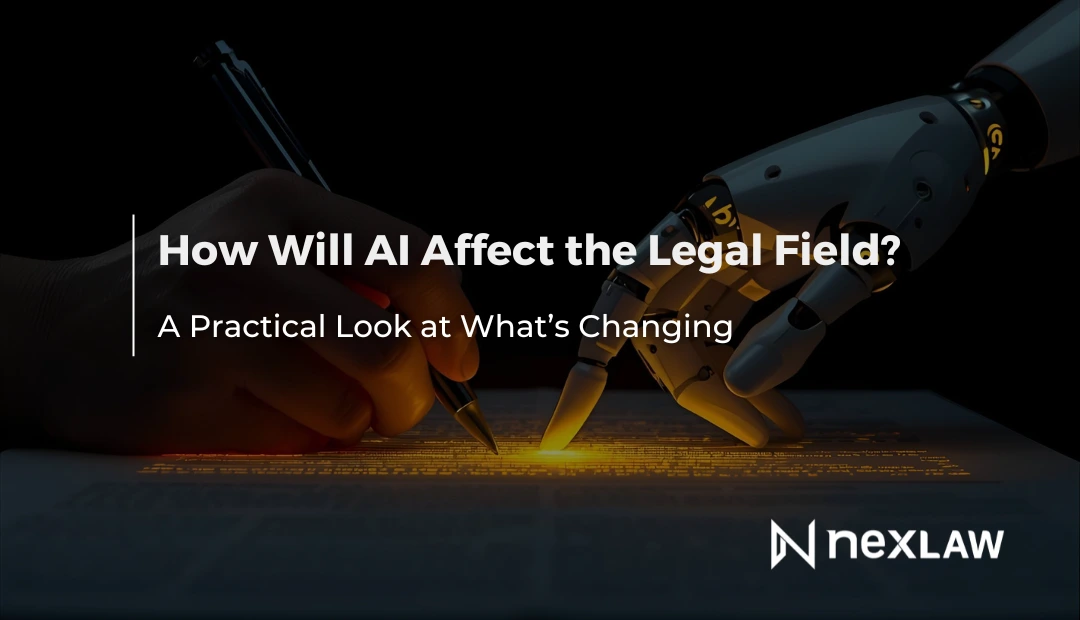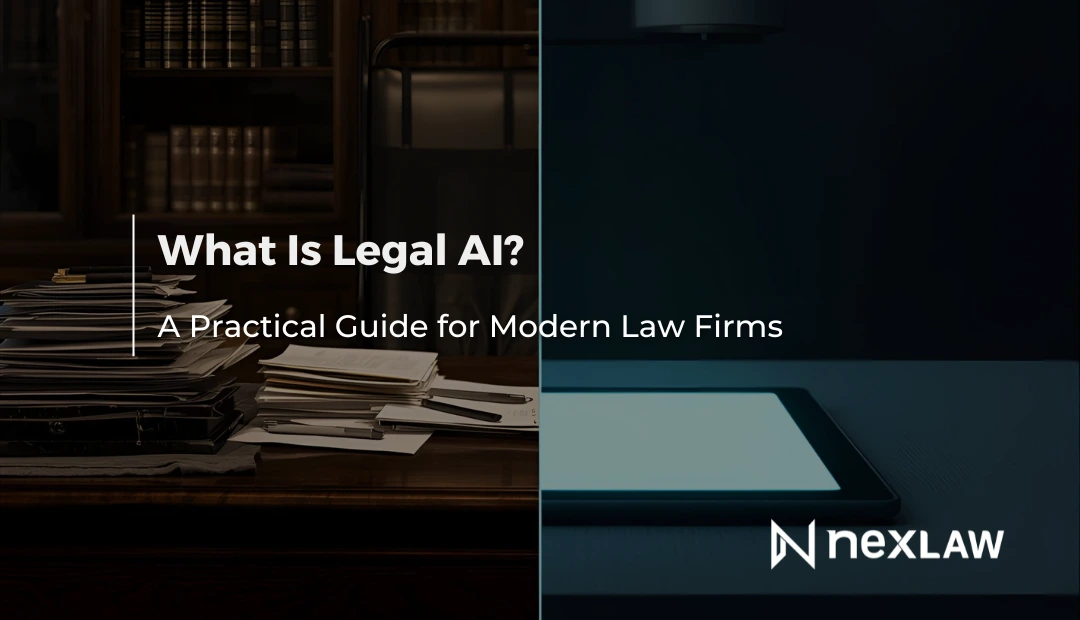Natural Language Processing in Law: AI Revolutionizes Research
Natural Language Processing represents one of the most transformative technologies in modern legal practice, enabling computers to understand, interpret, and generate human language with remarkable precision. For an industry built on the careful analysis of written text, NLP’s potential is virtually limitless.
The $27.6 Billion NLP Revolution in Legal Practice
NLP’s Explosive Growth and Legal Market Potential
Natural Language Processing is expected to be worth $27.6 billion by 2026, with the legal sector representing one of the most significant growth opportunities. The global NLP market is projected to reach $39.37 billion, growing at an impressive 21.82% annually, making it one of the most impactful AI technologies transforming legal practice.
Overcoming Legal Bottlenecks with Human-Like NLP Speed
This explosive growth reflects NLP’s ability to address fundamental challenges in legal work. The legal profession generates and processes enormous volumes of text-based information, from case law and statutes to contracts and correspondence. Traditional manual processing of this information creates bottlenecks that limit efficiency and increase costs.
NLP technology breaks through these limitations by enabling computers to understand legal language with human-like comprehension while processing information at machine speed. This combination of understanding and efficiency is revolutionizing how legal professionals conduct research, analyze documents, and serve clients.
Unlocking New Legal Analysis with Advanced NLP
The technology’s impact extends beyond simple automation to enable entirely new approaches to legal analysis that were previously impossible due to the time and resources required for manual processing.
Transforming Legal Research and Analysis
NLP-powered legal search engines represent a quantum leap from traditional keyword-based research systems. These advanced platforms can translate plain language queries into sophisticated legal searches, making it dramatically easier for attorneys to find relevant cases, statutes, and precedents.
Conceptual Search That Understands Legal Meaning
The technology enables conceptual searching that goes far beyond simple keyword matching. When an attorney searches for “breach of fiduciary duty,” advanced NLP systems understand the legal concepts involved and can surface relevant cases that discuss “self-dealing,” “conflict of interest,” or “loyalty violations” even when they don’t use the exact search terms.
Legal Relationship Mapping for Broader Result Coverage
More advanced NLP programs search for legal concepts and relationships rather than just specific keywords, helping lawyers find relevant information faster and more comprehensively. For example, searching for employment discrimination cases might automatically include results for wrongful termination, hostile work environment, and retaliation claims because NLP understands the conceptual relationships between these legal theories.
Intelligent Case Recommendations Based on Legal Reasoning
Automated case recommendation systems analyze current research patterns and suggest related precedents that attorneys might not have considered. These systems understand legal reasoning patterns and can identify analogous cases from different jurisdictions or practice areas that share similar legal principles.
Accelerated Legal Research with NLP Efficiency
The efficiency gains are substantial. Legal research that previously required days of manual document review can now be completed in hours, with NLP systems providing comprehensive case citations, relevant statutory references, and strategic insights that inform case development and legal strategy.
Semantic Search Capabilities Revolutionizing Document Discovery
Semantic search represents one of NLP’s most powerful applications in legal practice, enabling attorneys to search document collections using everyday language while achieving unprecedented accuracy and comprehensiveness.
Eliminating Blind Spots in Legal Discovery
Traditional keyword searches often miss relevant documents because they don’t use the exact terms that appear in the search query. Semantic search understands meaning and context, so searching for “dog” would automatically include documents mentioning “Labrador,” “Poodle,” or “canine” because NLP understands these terms are related concepts.
Enhancing Legal Review with Contextual Coverage
This contextual understanding is particularly valuable in legal discovery where missing relevant documents can have serious consequences for case outcomes. Semantic search ensures comprehensive document identification while reducing the time and cost associated with manual document review.
Handling Complex, Multidimensional Legal Queries
Advanced semantic search platforms can understand complex legal queries that combine multiple concepts, jurisdictional requirements, and temporal elements. For example, a search for “California employment contracts with non-compete clauses executed after 2020” would correctly identify documents that meet all these criteria even if they don’t contain all the exact search terms.
Unified Federated Search Across Legal Systems
The technology also enables federated search across multiple databases and document repositories, providing attorneys with comprehensive results from case management systems, legal databases, and document archives through a single query interface.
Current Industry Statistics and Adoption Patterns
Legal Research Leads AI Adoption in 2024
The legal research segment dominated the AI market in 2024, primarily due to growing adoption of AI-powered NLP tools designed to understand and interpret complex legal language. This dominance reflects NLP’s particular value in processing the text-heavy nature of legal work.
Widespread NLP Use Backed by Scalable Multilingual Capabilities
Usage statistics demonstrate widespread recognition of NLP’s value: 59% of legal professionals believe AI can help manage large amounts of legal data more effectively, while current NLP systems can handle 300+ languages with ambitious initiatives like Google’s Universal Speech Model targeting 1000 languages.
Client Communication Trends Driving NLP Integration
Client service expectations are driving NLP adoption, with 74% of customers preferring chatbots for simple queries and 69% expecting multilingual support in customer service. Legal practices are responding by implementing NLP-powered client communication systems that provide immediate response capabilities while maintaining professional service standards.
NLP Accuracy Accelerating Global Legal Communication
The technology’s accuracy continues improving rapidly. In testing, multilingual models achieve up to 98% accuracy when translating spoken and written languages, enabling international law firms to serve diverse client bases more effectively while reducing reliance on human translators for routine communications.
Real-World Applications Transforming Legal Practice
NLP-Powered Contract Review Boosts Accuracy and Efficiency
Contract analysis and review represent one of NLP’s most successful applications in legal practice. Advanced NLP algorithms excel at extracting and analyzing contract provisions, automatically identifying key clauses like confidentiality agreements, termination conditions, and dispute resolution mechanisms with remarkable accuracy.
The technology can distinguish between routine contract language and unusual provisions that require attorney attention. For example, when reviewing a service agreement, NLP can identify standard liability limitations while flagging custom indemnification clauses or non-standard termination triggers that deviate from typical industry practices.
E-Discovery Revolutionized by NLP Speed and Scale
E-discovery and document review have been transformed by NLP’s ability to process vast document collections quickly and accurately. Traditional legal research required manually searching through volumes of legal documents, cases, and statutes. NLP software can analyze and organize this information in seconds, significantly reducing time and effort while improving comprehensiveness.
Chatbots and Virtual Assistants Enhance Client Communication
Client communication enhancement through AI-powered chatbots and virtual assistants provides personalized legal guidance using natural language processing. These systems can answer routine client questions, provide case status updates, and guide clients through complex legal processes using conversational interfaces that feel natural and helpful.
NexLaw’s ChronoVault: Smarter Case Analysis with AI
ChronoVault is NexLaw’s AI-powered tool designed to help legal teams uncover facts, timelines, and patterns from complex document sets with greater clarity and speed. Built with advanced natural language processing (NLP), it goes beyond keyword search to surface relationships between events, parties, and evidence.
Narrative and Thematic Discovery
ChronoVault organizes unstructured documents into clear chronological timelines, helping you trace cause-effect relationships and build compelling legal narratives. Whether reviewing emails, filings, or evidence files, the tool highlights recurring themes and critical turning points to support your case strategy.
Contextual Analysis for Better Strategy
Rather than analyzing documents in isolation, ChronoVault uses contextual AI to connect facts, legal issues, and timelines, making it easier to identify inconsistencies, track evolving strategies, or spot patterns that would otherwise be missed in manual review.
By combining structured chronology with deep contextual insight, ChronoVault helps litigation teams prepare faster, argue stronger, and uncover case-critical insights in a fraction of the time.
Transform How You Analyze Legal Documents
ChronoVault uses advanced NLP to help you surface key facts, themes, and case strategies faster and more accurately than traditional review.
- Schedule a Demo to see NLP-powered analysis in action
- Explore Our Plans to discover how NexLaw fits your workflow
.webp)



.webp)
.webp)




